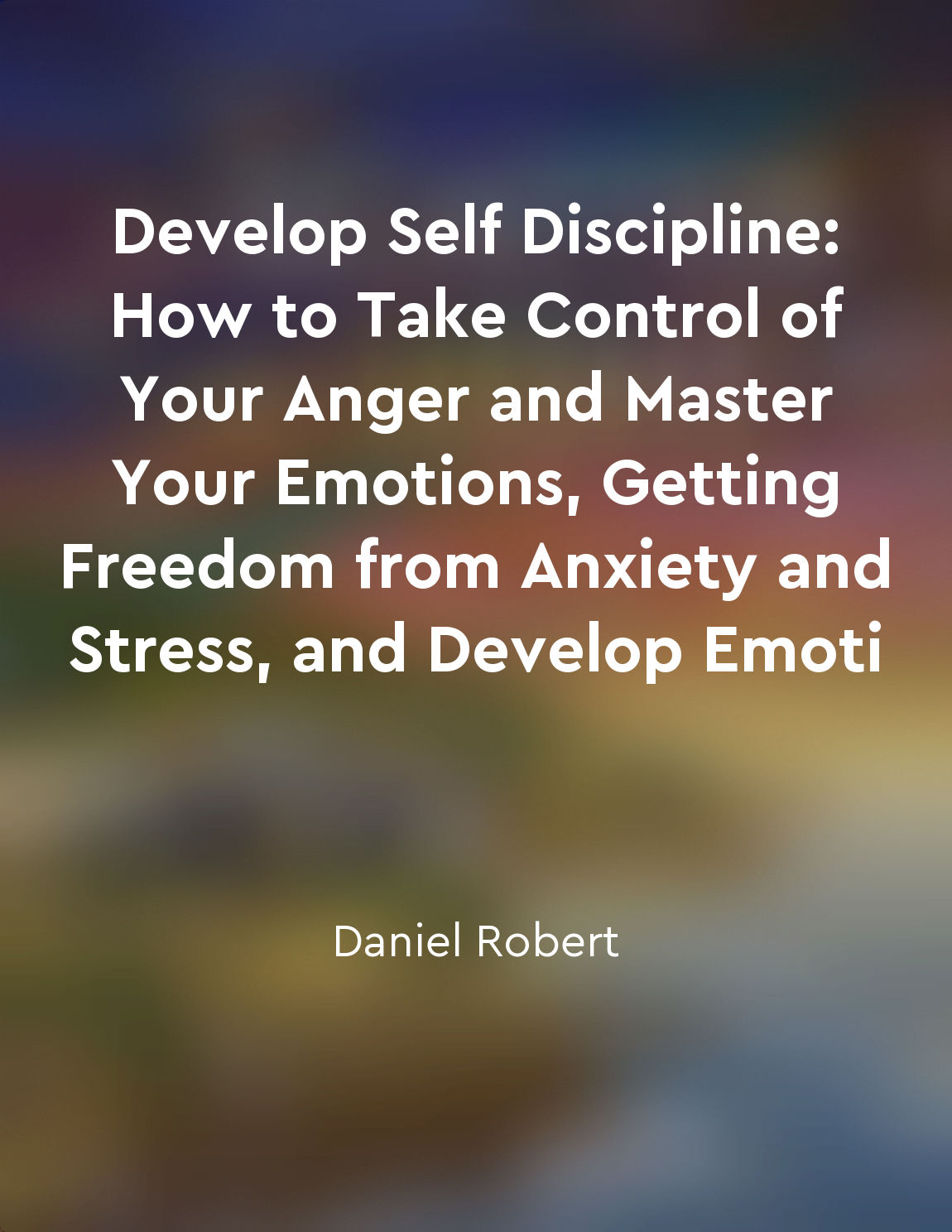Audio available in app
Emotional intelligence is crucial for leaders from "summary" of The Silent Language of Leaders by Carol Kinsey Goman,Ph.D.
Effective leadership goes beyond just having technical skills and knowledge. It requires the ability to connect with others on an emotional level. This is where emotional intelligence comes into play. Emotional intelligence allows leaders to understand and manage their own emotions, as well as those of others. This is crucial for building strong relationships, inspiring trust, and motivating teams to achieve their goals. Leaders with high emotional intelligence are able to navigate complex social dynamics with ease. They are adept at reading the emotions of others, which allows them to respond appropriately in any situation. By being attuned to the feelings of their team members, leaders can address issues before they escalate and create a more positive and productive work environment. Furthermore, emotional intelligence enables leaders to communicate effectively. They are able to convey their messages in a way that resonates with others, leading to better collaboration and cooperation. By being able to empathize with their team members, leaders can build rapport and foster a sense of camaraderie within the group. In addition, emotional intelligence helps leaders make better decisions. By considering the emotions of others, they can anticipate how their actions will be perceived and adjust their approach accordingly. This allows them to avoid misunderstandings and conflicts, leading to smoother interactions and more successful outcomes.- Emotional intelligence is essential for leaders to be effective in their roles. It enables them to build strong relationships, communicate effectively, and make sound decisions. By developing their emotional intelligence, leaders can create a positive work culture where team members feel valued and motivated to perform at their best.
Similar Posts
Adapt your communication style based on the situation and the individual
When engaging in crucial conversations, it is essential to be mindful of the communication style you use. One key aspect to con...
Eye contact conveys messages without words
In our daily interactions, we often rely on verbal communication to convey our thoughts and feelings to others. However, there ...
Developing assertiveness can enhance communication effectiveness
When you are assertive, you are able to express your thoughts and feelings in a clear and respectful manner. This means that yo...
Finding your true north requires introspection and selfawareness
To find your true north, you must look within yourself. This process demands deep introspection and self-awareness. It is about...

Seeking feedback from trusted individuals can offer different perspectives on your emotional responses
When you find yourself struggling to understand your emotional responses, it can be helpful to seek feedback from trusted indiv...

Remember, true intelligence is not about being the smartest person in the room, but about how you treat others and make a positive impact in the world
It is a common misconception that intelligence is solely based on how much knowledge one possesses or how high their IQ is. In ...
Investing time and effort in relationships pays off
Building strong relationships takes time and effort, but the rewards are well worth it. When you invest your time and energy in...
Cultivate a sense of purpose in your work
To find joy in your work, you must have a clear understanding of your purpose. Without purpose, work becomes merely a means to ...
Mastering the art of interviewing is essential for securing job offers
One of the most critical skills individuals need to master in the job search process is the art of interviewing. This skill is ...
Effective communication involves both verbal and nonverbal cues
Effective communication is not just about the words we say. It also involves nonverbal cues that play a crucial role in how our...

